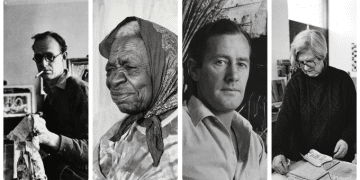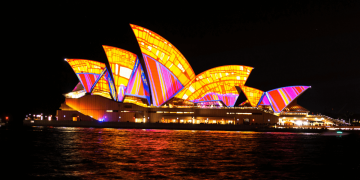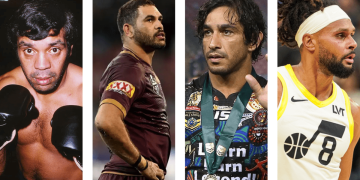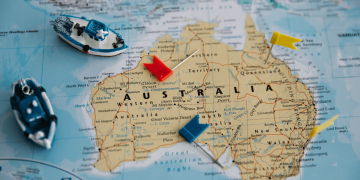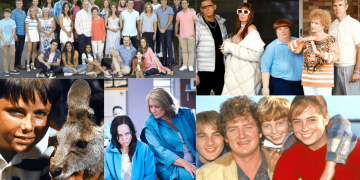Australia’s Most Influential Literary Figures of All Time

From the earliest oral traditions of Indigenous people to the internationally praised voices of today, Australia has long been a place of storytellers. Rich tapestry of genres, ethnicities, and viewpoints reflecting the soul of the country, the Australian literary scene is The nation has produced great Australian writers who have changed the game regardless of your taste in historical fiction, poetic narratives, gritty realism, or myth-infused stories.
Here we examine fifteen of the best Australian writers of all time—authors whose books have shaped generations, caught the core of Australian life, and attracted praise from all around the world.
1. Patrick White
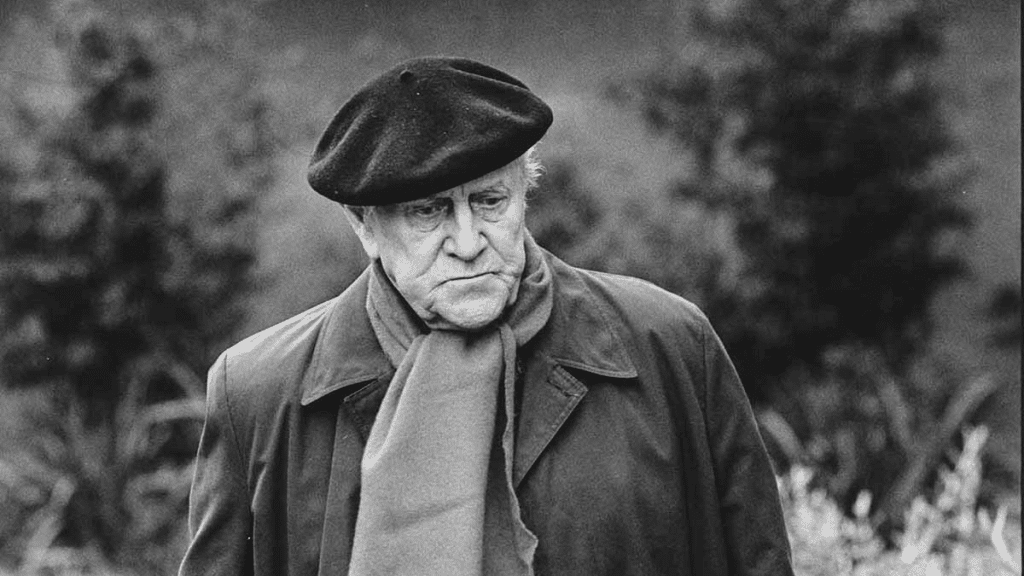
Image Source: National Museum Australia
🏆 Nobel Laureate
📘 Voss, The Tree of Man
Still the most regarded literary person in Australia, Patrick White is the only Aussie to have received the Nobel Prize in Literature (1973). Often sharp and sophisticated, his books probe existential concerns against the backdrop of the hard Australian terrain while delving deeply into the mind of his characters. His writings helped Australia’s literary canon to be shaped and opened the path for increased worldwide appreciation of Australian works.
2. Miles Franklin
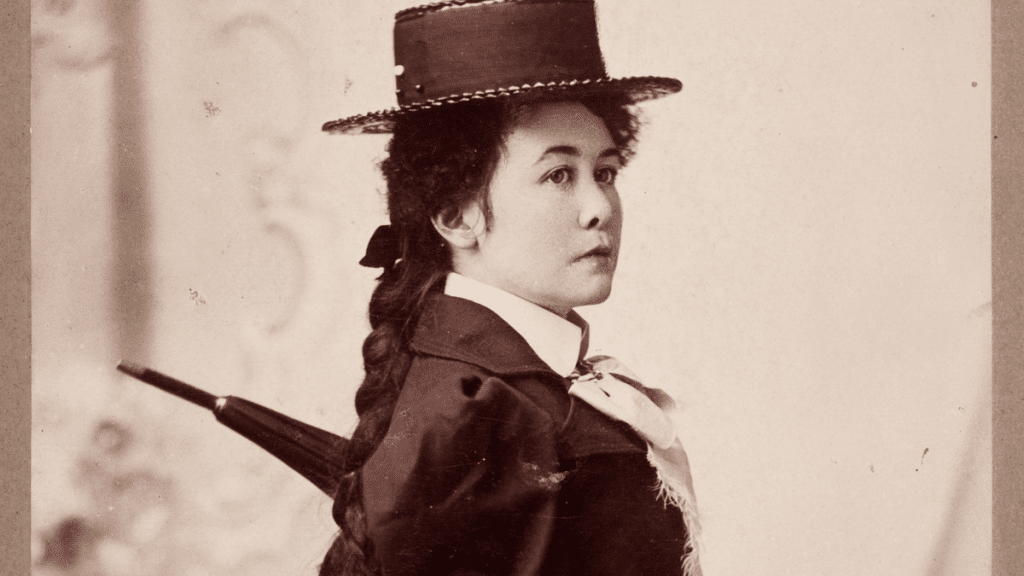
Image Source: Infinite Women
📘 My Brilliant Career
Published at barely 19 years old, Stella Maria Sarah Miles Franklin released her foundational book My Brilliant Career, a pathfinder in every sense. Her promotion of women’s rights and literary quality resulted in the Miles Franklin Literary Award, among the most esteemed literary awards in the nation. One cannot stress her influence on Australian literary scene.
3. Tim Winton
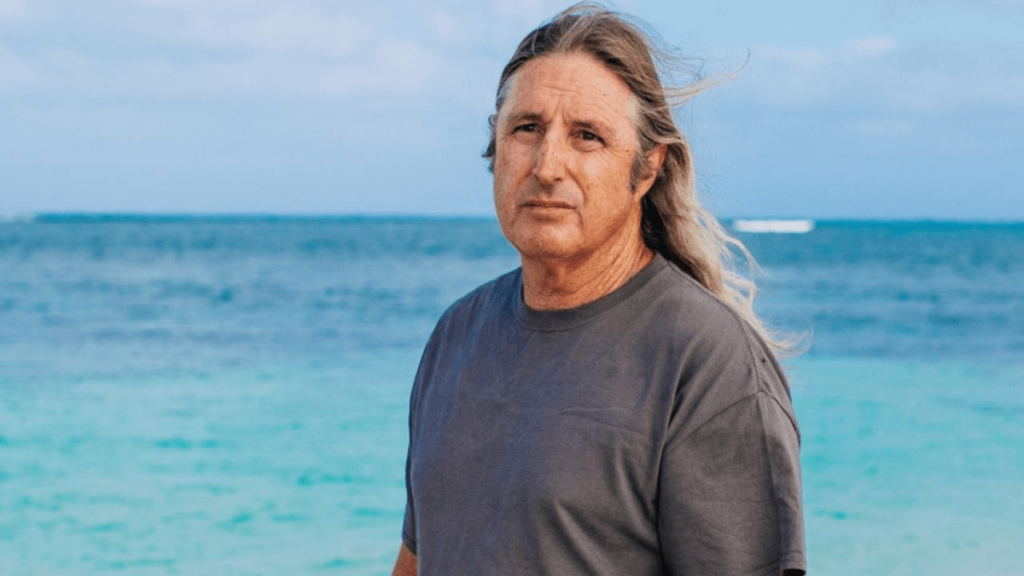
Image Source: The Australian
🌊 Master of Coastal Fiction
📘 Cloudstreet, Breath, Dirt Music
Few Australian writers, like Tim Winton, have caught the pulse of coastal and provincial Australia. Usually emphasizing themes of family, atonement, and man’s relationship with nature, his literary language is lyrical and expressive. Many agree that Cloudstreet is a milestone in modern fiction and among Australia’s best books.
4. Peter Carey
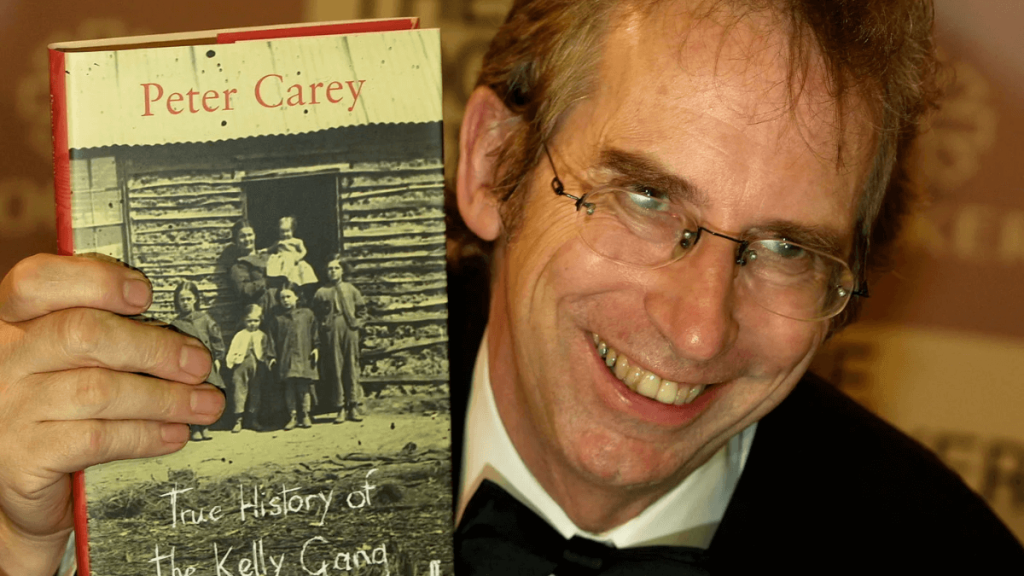
Image Source: Brittanica
🎖️ Two-time Booker Prize Winner
📘 Oscar and Lucinda, True History of the Kelly Gang
Among just a small number of authors worldwide, Peter Carey has twice won the Booker Prize. Particularly in recounting the Ned Kelly saga, his ability to combine historical fiction with acute imagination has put him among Australia’s most internationally praised writers.
5. Helen Garner
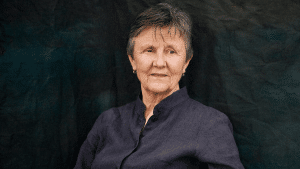
Image Source: Los Angeles Times
🧠 Brutally Honest Storyteller
📘 Monkey Grip, The First Stone, This House of Grief
Having written fiction as well as non-fiction, Helen Garner explores human feeling and social complexity without regard to constraint. Her work is honest and reflective, frequently raw, unforgettablely exploring ethics, relationships, and justice.
6. Alexis Wright
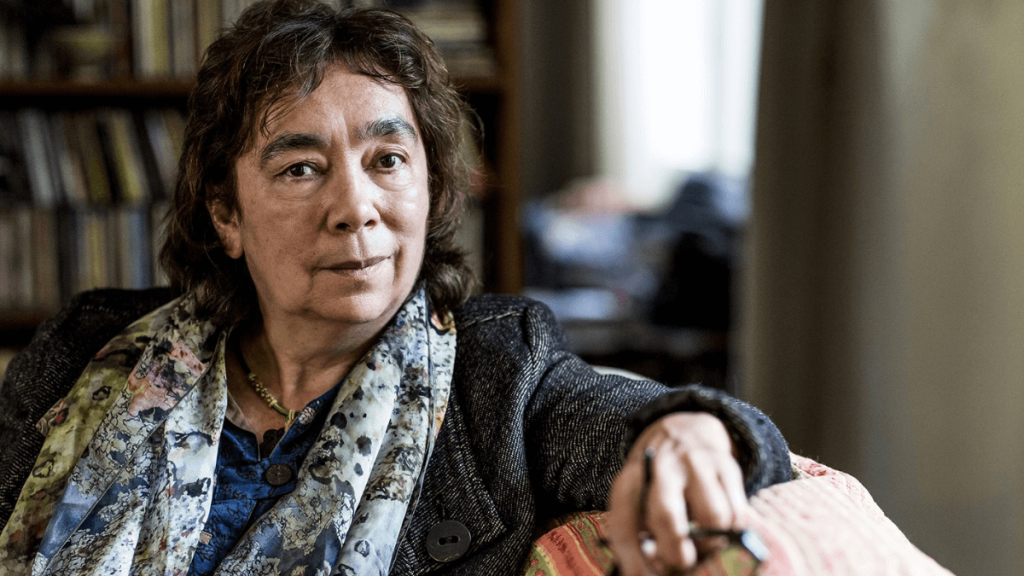
Image Source: And Other Stories
🌏 Indigenous Literary Icon
📘 Carpentaria, The Swan Book
Member of the Waanyi tribe, Alexis Wright has evolved into a major voice in modern Australian writing. Her award-winning book Carpentaria is a broad, genre-bending epic combining political and environmental critique with Indigenous narrative. Her writing questions and redefines what Australian fiction can produce.
7. Richard Flanagan
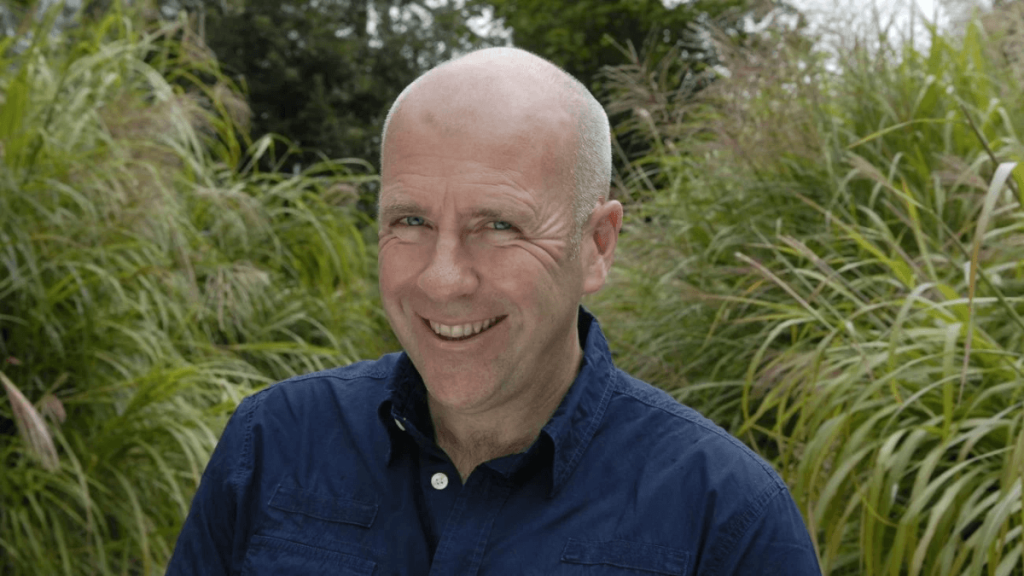
Image Source: The Booker Prizes
🏅 Booker Prize Winner
📘 The Narrow Road to the Deep North
Often from his Tasmanian background, Richard Flanagan uses emotional storytelling. His book The Narrow Road to the Deep North, a chilling narrative of Australian POWs during World War Two, earned the Man Booker Prize and established his reputation as among the most significant writers of his generation.
8. Kate Grenville
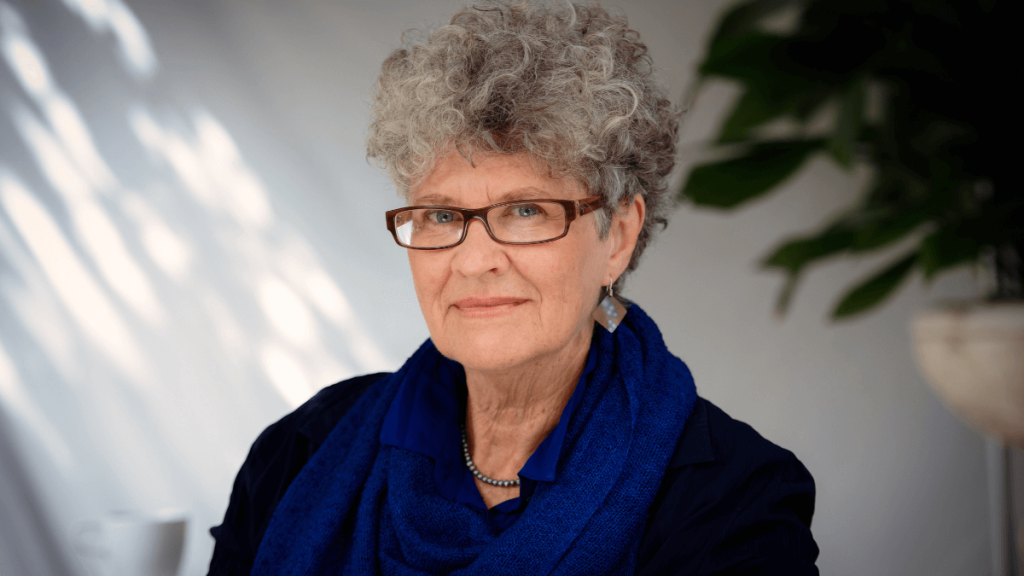
Image Source: Text Publishing | Darren James
📘 The Secret River, Sarah Thornhill
Renowned for her thorough and sympathetic portrayals of Australia’s colonial past, Kate Grenville is a novelist who doesn’t hold back when facing challenging topics. Her writings start discussions on identity, reconciliation, and how colonisation affected Australian society long-term.
9. Thomas Keneally
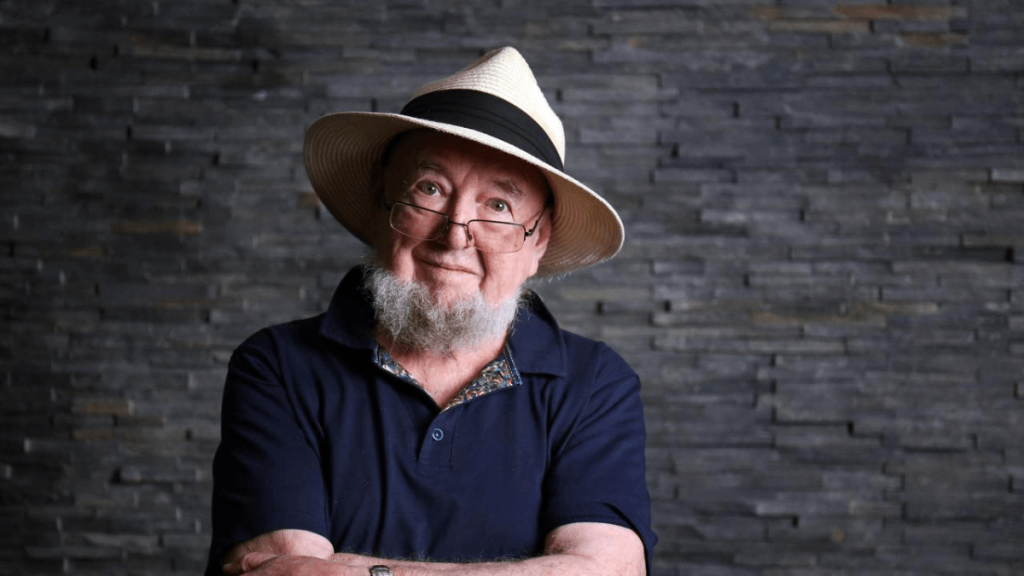
Image Source: The Australian
🎬 Author of Schindler’s Ark
📘 Schindler’s Ark, The Chant of Jimmie Blacksmith
Keneally is remarkably able to humanize great historical events. A literary masterwork, Schindler’s Ark—which evolved into the Oscar-winning movie Schindler’s List—is his most well-known creation Though he works in several historical situations, his body of work always keeps a core of empathy and intelligence.
10. Ruth Park
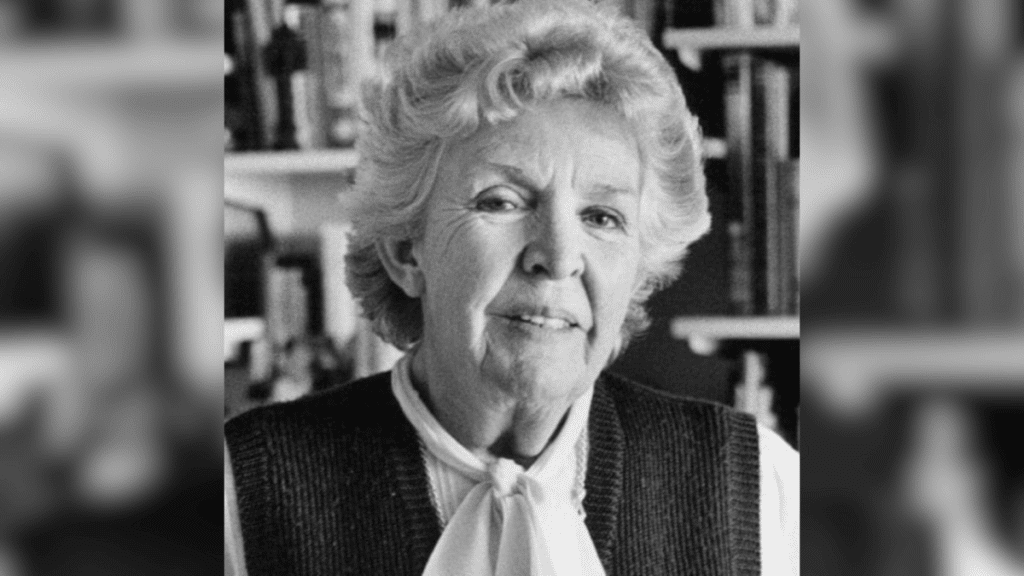
Image Source: University of Queensland Press
📘 The Harp in the South, Poor Man’s Orange
The vitality and struggle of working-class Sydney was brought to life in Ruth Park’s books. Her rich narrative and sympathetic representation of common Australians helped close the divide between popular culture and literary literature.
11. David Malouf
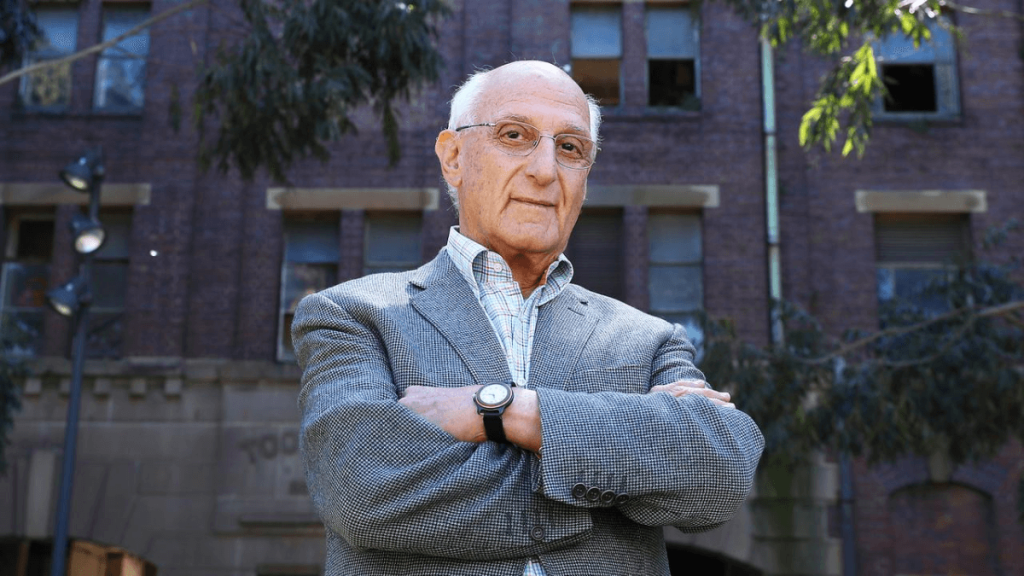
Image Source: The Australian
📘 Remembering Babylon, An Imaginary Life
David Malouf deftly investigates themes of exile, identity, and the natural world in Australian fiction using a poetic style. He is among the most loved literary figures in the nation because of his lyrical language and capacity to catch the gentle drama of life.
12. Geraldine Brooks
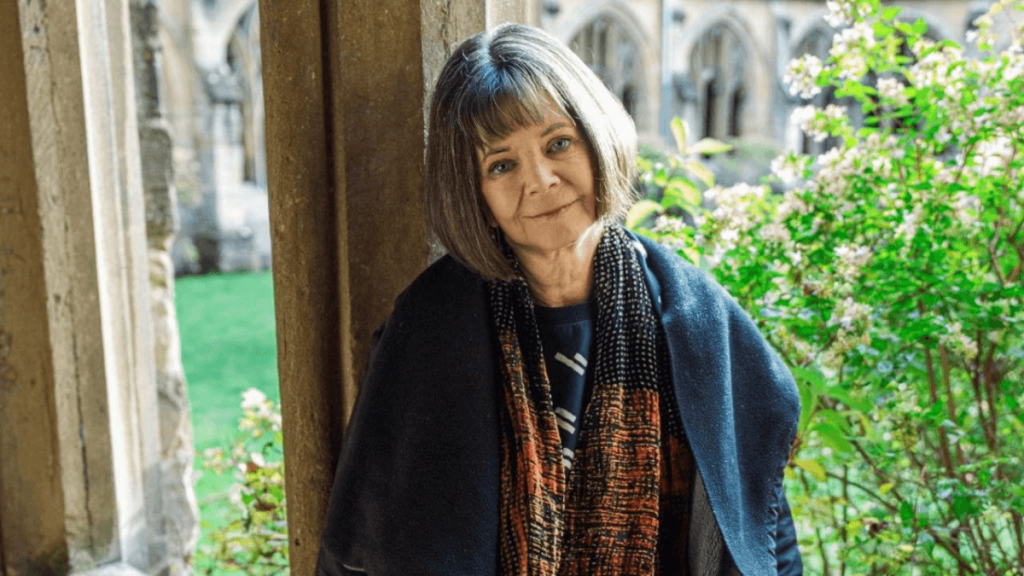
Image Source: The Australian
🥇 Pulitzer Prize Winner
📘 March, People of the Book, Year of Wonders
Geraldine Brooks, a former journalist with a sharp eye for detail, produces meticulously researched richly textured historical fiction. Her book March brought her the Pulitzer Prize, and she keeps penning widely praised pieces examining faith, culture, and humanity.
13. Andrew McGahan
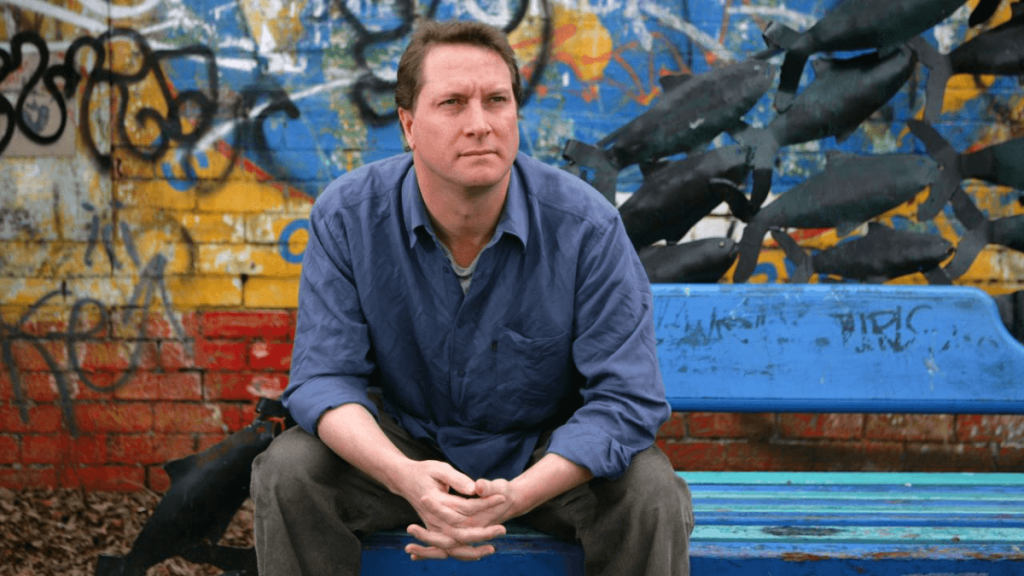
Image Source: The Australian
📘 Praise, The White Earth
Within the 1990s “grunge lit” movement, Andrew McGahan was a well-known player. A generation connected with his honest, unvarnished portrayals of Australian suburbia despair. A more advanced and political book, The White Earth is nevertheless a modern classic having earned the Miles Franklin Award.
14. Shirley Hazzard
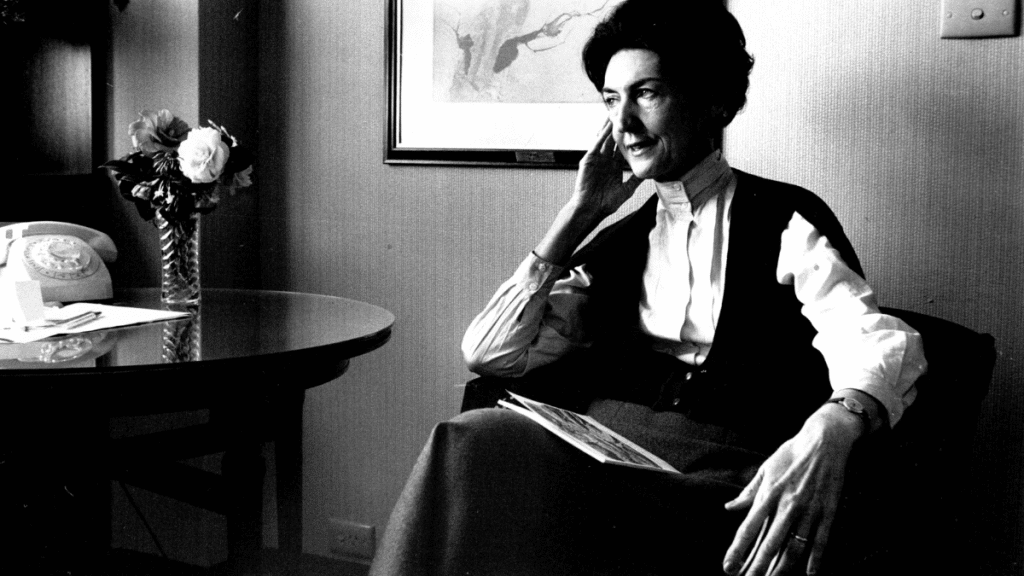
Image Source: Vogue | Getty Images
📘 The Transit of Venus, The Great Fire
The finely written books by Shirley Hazzard combine emotional depth with grace. She lived most of her life overseas, but her writing is shaped by an Australian awareness and a timeless sense of literary craft. Many people rank her as among the outstanding English-language fiction stylists.
15. Christos Tsiolkas
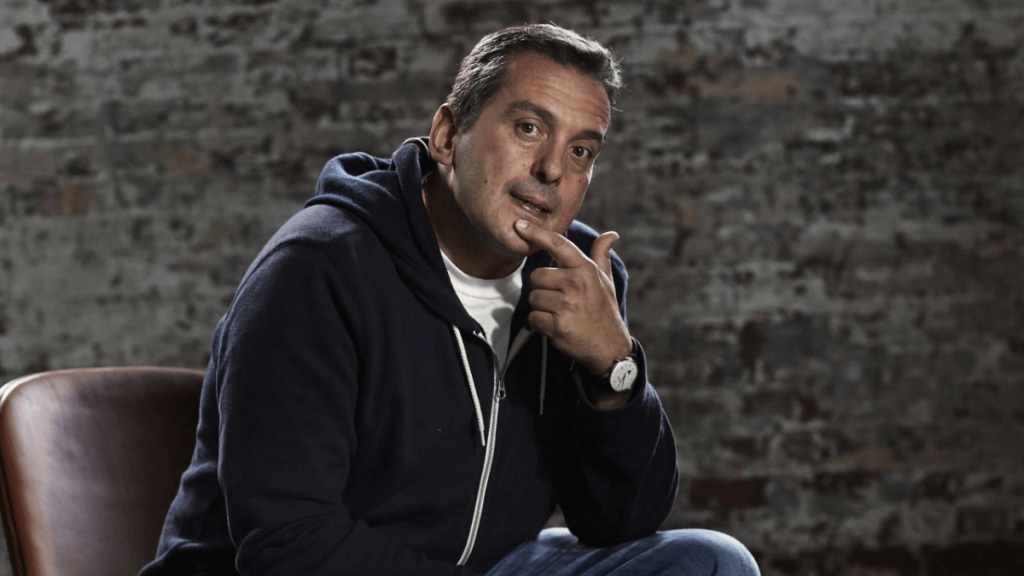
Image Source: The Australian
📘 The Slap, Barracuda, Loaded
With The Slap, a book that generated controversy all throughout the nation, Tsiolkas burst into the spotlight. His audacious stories break out modern Australia’s class, ethnicity, and identity. One of the most controversial and often talked about Australian writers, his works still challenge and involve readers.
Why These Literary Icons Matter
These writers caught the pulse of a country, not only created books. Their works examine Australia’s landscapes, its dark past, its energetic multiculturalism, and the complex lives of its people. From the bush to the suburbs, the coastlines to inner cities, their voices have lit the many experiences that constitute Australia.
Their literary successes are cultural monuments that define our who we are and who we want to be, not only personal victories.
Where to Start: Your Literary Journey Awaits
Whether your taste is for the historical sweep of The Secret River, the brutal modernism of The Slap, or the sorrowful beauty of The Narrow Road to the Deep North, the work of these Australian writers has something for every reader.
Works abound in bookshops, libraries, and internet channels—each a portal into another aspect of the Australian experience. Reading them explores our identities, our issues, and our aspirations rather than only provides enjoyment.

